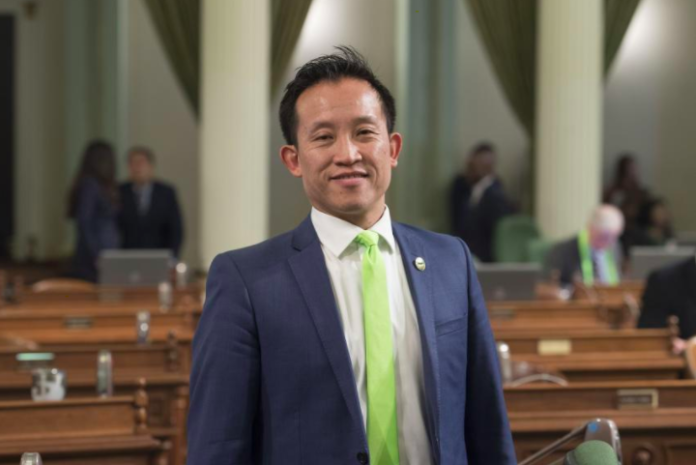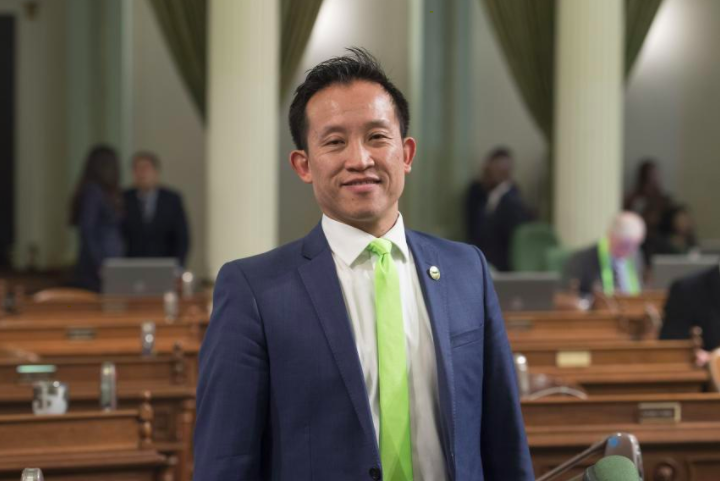
A bill that could cost San Francisco as much as $50 million in lost affordable housing money comes before a key state Assembly committee tomorrow, and the chair, SF’s David Chiu, could determine its fate.
The entire Board of Supes is opposed to SB 1085, a measure by state Sen. Nancy Skinner (D-Berkeley) that is aimed at creating more dense housing.

The bill would prevent cities from charging affordable housing fees on units mandated under the state’s existing “density bonus” law.
The measure passed the state senate 35-1. San Francisco’s Senator Scott Wiener was among the supporters.
The measure addresses an earlier bill that requires cities to give housing developers additional density – in San Francisco, that typically means more stories on a building – in exchange for building a modest amount of affordable housing.
San Francisco charges developers affordable housing fees on all units, including those “bonus” units built under the state mandate.
SB 1050 would halt that practice and render all bonus units free of city fees.
John Elberling, director of the affordable housing developer TODCO, says the bill would impact some 35 proposed market-rate projects in San Francisco, for a total loss to the city of $50 million.
Some supporters of the bill argue that an opinion from the state Attorney General’s Office already bars cities from collecting fees on bonus units.
But if you read that opinion carefully – and it’s right here – it state’s that cities can’t impose fees “only on the density-bonus units.” San Francisco, of course, applies fees to all units.
Elberling notes:
Obviously, this opinion does not apply to SF. The AG just wanted to stop any fee targeting only bonus units as a back-door way to deter them.
Chiu is a brilliant legislator. He knows how to read the opinion correctly. But if he lets the bill’s proponents get away with this BS, that will cost SF $50 million for new affordable housing.
Where does that $50 million go? Into the pockets of the developers.
The Council of Community Housing Organizations, which represents nonprofit housers in San Francisco, issued a statement that says
The State legislature should leave San Francisco alone from these and other state “preemption” bills unless the City asks for help. One size fits all statewide policies (to “incentivize” development) more often than not undermine local policies in major hot-market cities and undermine the local political leadership and housing justice organizing efforts that hold development to strong affordability and anti-displacement standards.
It seems a bit strange at this point to be talking about any more incentives for market-rate developers, since right now none of them want to build housing in San Francisco anyway.
With the state of the COVID-19 pandemic and quarantine – and the growing number of people working from home, possibly well into next year – nobody knows what the housing market will look like in 2021.
But the Skinner bill is still schedule to be heard in the Assembly Housing and Community Development Committee, and Chiu, as the chair, holds immense power over it.
If he supports the bill, it will almost certainly mover forward. If he wants to stop it or demand major amendments, he can.
“Assemblymember Chiu: We are watching and we WILL remember,” Elberling says.
I asked Chiu’s office if he has taken a position on the bill, but I haven’t heard back.

